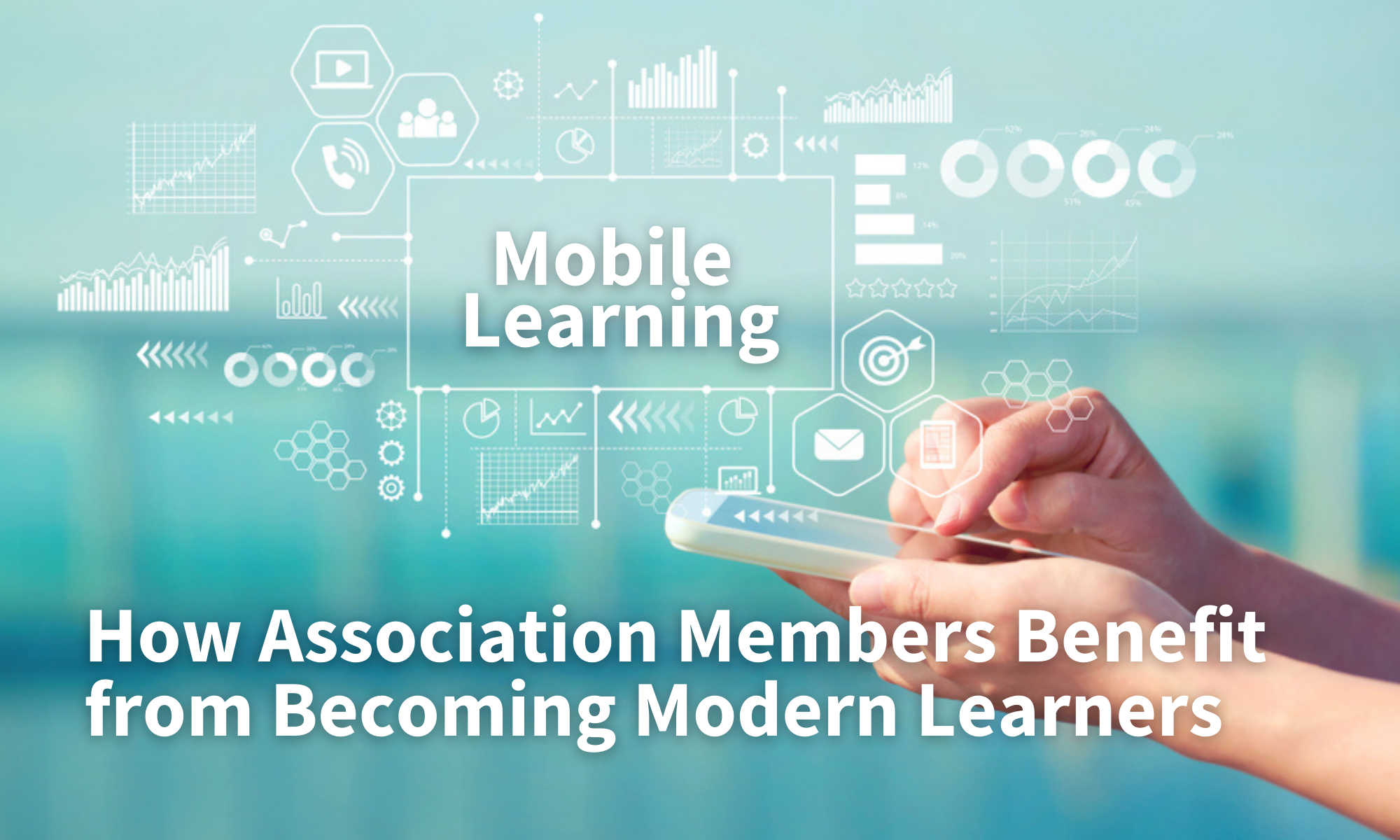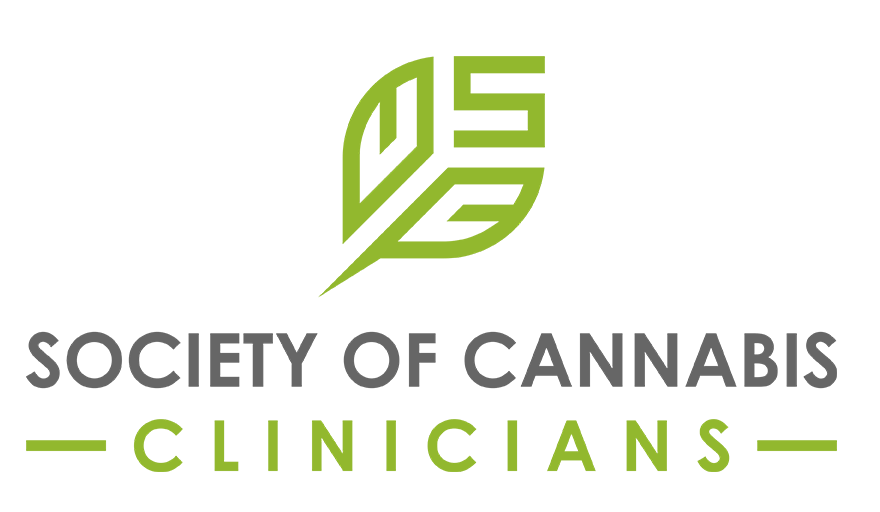Members on the Move: How Association Members Benefit from Becoming Modern Learners
 Editor's Note: Learner Mobile contributed to the content of this article
Editor's Note: Learner Mobile contributed to the content of this article
As associations look for new ways to educate and inform members, one answer is in the palm of their hands: Mobile learning. It’s a growing industry that’s expected to reach $78.5 billion by 2025 as corporations, educational institutions and associations work to better meet customer, student and member needs wherever they are — and that is increasingly in front of their smartphones.
In 2021, 85% of American adults own a smartphone, up from just 35% in 2011. These devices allow users to consume information and products, engage in media and entertainment, and interact with friends or strangers — all within the palm of their hand. Mobile learning, or m-learning, combines each of those realities to create an untethered learning experience that fits the on-the-go lifestyle its users have grown accustomed to. Whether it compliments an e-learning program already in place or serves as an independent learning program, mobile learning allows users to learn when and where they want.
“The mobile learning industry recognizes the way people want and expect to learn has changed, just as the way they access personal entertainment through streaming and mobile devices has changed,” says Mike Thompson, Chief Executive Officer of Learner Mobile, a mobile learning platform that combines convenience, continuous learning and configurability. “Keeping the modern learner’s experience top-of-mind not only benefits the individual, but also supports an organization’s growth by making sure its members, employees or students receive information in the way they want so that all have the opportunity for success.”
In 2021, successful associations are the ones that have been able to increase, or at least maintain, member engagement through relevant digital offerings. The pandemic has only accelerated this need. Ongoing webinar learning, sponsored webcasts, event apps, directory services and digital event environments have taken center stage as associations transition into a 21st century digital content strategy. Now, associations like the Society of Cannabis Clinicians (SCC) are adding mobile learning to that list.
Mobile Learning in Action
Like m-learning, SCC is at the forefront of another booming industry: medical cannabis. This nonprofit, which is comprised of medical and health professionals dedicated to education and research for the medical use of cannabis, understands their members need more connectivity and greater access to educational materials. With that need in mind, SCC enlisted the help of Learner Mobile to launch a mobile learning platform in 2021.
Using Learner Mobile’s EdTech platform, SCC was able to strengthen both these member needs by launching the first phase of its mobile education courses.
SCC’s new courses were made available through its OnDemand portal, delivering evidence-based educational content to clinicians, professionals and patients around the world that was authored by top experts with decades of hands-on experience in the field. Nineteen courses — covering topics ranging from treatment options for diseases and conditions, dosage and delivery, lab analysis and drug interactions — were launched in early 2021, with four additional courses expected to be added this year.
This launch comes at an important time as increased medical use of cannabis means more patients will be seeking credible information from providers. A recent study conducted by SCC found that 56% of clinicians felt that there was adequate information available to ethically practice cannabis medicine; however, a 2018 study in Vermont found that only 18% of patients reported that their provider was a good information source about medical cannabis. With the help of Learner Mobile, SCC OnDemand will play a key role in closing that gap.
“As the medical use of cannabis grows in acceptance and practice, medical and health professionals need on demand, real-time access to knowledge and training in order to treat patients safely and effectively,” says Dr. Genester Wilson-King, SCC's Vice President. “As a long-time source of credible research and education resources, SCC wanted to make these resources as widely available and as easily accessible as possible. We chose Learner Mobile as our EdTech, learning partner because it has reimagined the remote education experience for modern learners — whether on smartphones, desktops or just on the go — who want compelling and informative content that is consumable, convenient and engaging.”

Think mobile learning could be right for your association? Christine Milentis, Program Director for the Society of Cannabis Clinicians, shares her tips for selecting a mobile learning platform that meets your member needs.
5 Tips for Incorporating Mobile Learning
As associations rely upon data to help navigate the path ahead, Google has one smartphone statistic worth keeping in mind: 90% of smartphone users use their mobile to work toward a long-term goal while on the go. This means that association members working to renew certification, stay current on the latest industry trends or connect with industry peers and experts would greatly benefit from being able to do so with mobile learning.
These five tips illustrate ways mobile learning can help your association meet member needs:
- Premium Content: Mobile learning means associations can customize their learning and educational curriculum to meet member preferences. In this environment, critical content like annual reports or state of the industry details can dovetail into education meant to further skills or understanding of the association's important findings.
- Compliance: Mobile learning helps make required policy training for organizational certification more accessible to association staff or members. Give your certification access new life by positioning certification elements with consumable content elements that reinforce important learning experiences.
- Member Outreach: Through mobile learning, members can access learning in an on-the-go format, allowing fast and efficient distribution of information. Position member opportunities with purposeful learning experiences. Conference hot topics can give way to great audience building learning modules.
- Revenue Generator: With nondues revenue becoming increasingly important, mobile learning helps associations monetize premium content to members or nonmembers. Give your industry suppliers an opportunity to connect their relevant content offerings to your learning experience. With the right strategy and topic attention, ad visibility can be elevated into micro learning experiences and lead capture.
- Connect in New Ways: As remote activity continues to grow for associations and their members, mobile learning provides improved communication to members with a user-first approach to consistently disseminate content. Content is shaped and shared in formats that the learner wants using artificial intelligence to meet their profile, interests and activity needs.
As associations look for new and sustainable ways to connect with members, mobile learning is worth an exploration, according to Thompson. “If your organization is looking to increase usage and adoption for its learners, then convenience, configurability and continuous learning are must haves in LMS today."
About Learner Mobile
Launched in 2013, Learner Mobile learners have actively consumed more than five million courses and content elements. Learner Mobile’s technology has built-in authoring tools to make it easy to create fresh and timely information as well as user-focused algorithms that dynamically serve up content that’s relevant and tailored to the individual. It also allows organizations to quickly deploy formal and informal training that goes beyond compliance to offer a continuous learning platform that optimizes performance. Leveraging AI technology, Learner Mobile presents relevant content to modern learners based on their profile, interests and activity. Instead of one-way learning, Learner Mobile also allows users to interact with content and each other and provides organizations with detailed analytics on usage, engagement and effectiveness.